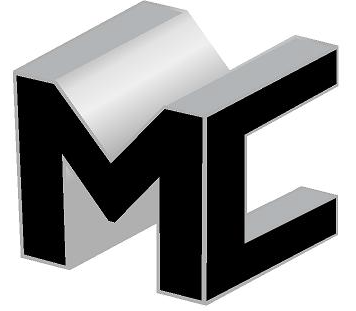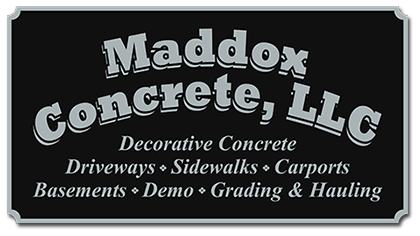Choosing the Right Type of Concrete for Your Construction Project
Concrete is a versatile and widely used building material that offers durability and strength to construction projects. However, not all types of concrete are created equal, and selecting the right type for your specific project is crucial. In this blog post, we will discuss the key factors to consider when choosing the right type of concrete for your construction project.
Project Requirements and Specifications
The first step in choosing the right type of concrete is to thoroughly understand your project’s requirements and specifications. Consider factors such as the type of structure being constructed, the load-bearing capacity needed, the environmental conditions the concrete will be exposed to, and any specific design requirements. By establishing these factors, you can determine the necessary characteristics and properties that the concrete must possess.
1. Strength and Durability
One of the most critical factors to consider is the required strength and durability of the concrete. Different construction projects have varying load-bearing requirements, and the concrete must be able to withstand these loads without compromising structural integrity. The strength of concrete is typically measured in terms of its compressive strength in pounds per square inch (psi). Ensure that the chosen concrete mix has the appropriate compressive strength for your project, taking into account factors such as the weight it will bear and any potential stressors.
2. Admixtures
Admixtures are additional substances added to the concrete mix to alter or enhance its properties. These can be used to improve workability, increase strength, reduce permeability, or enhance other desirable characteristics. Common admixtures include water reducers, which increase workability without compromising strength, and air-entraining agents, which introduce tiny air bubbles to improve freeze-thaw resistance. Consider whether any specific admixtures are necessary to meet your project’s requirements and consult with a concrete professional for guidance.
3. Environment and Weather Conditions
The environment in which the concrete will be used is an essential factor to consider. Different concrete mixes have varying resistance to environmental conditions such as temperature extremes, moisture, and chemicals. For example, in cold climates, it is crucial to use concrete mixes that have good resistance to freeze-thaw cycles. In coastal areas, concrete with high durability against saltwater exposure may be necessary. Determine the specific environmental conditions that the concrete will be subjected to and select a mix that can withstand these conditions.
4. Workability and Placement
Workability refers to how easily the concrete can be mixed, transported, and placed into the desired form. Depending on the project’s requirements, you may need concrete with a higher or lower workability. A higher workability mix may be preferable for complex or intricate designs, as it allows for easier placement and shaping. In contrast, a lower workability mix may be better suited for projects with simpler forms. Discuss your placement requirements with a concrete supplier to determine the appropriate mix design for your project.
5. Cost Considerations
While it is essential to prioritize the quality and suitability of the concrete, cost considerations should also be taken into account. Concrete costs can vary depending on factors such as the mix design, materials used, and local market conditions. Discuss your budget with a concrete supplier and explore cost-effective options without compromising on quality or project requirements.
Conclusion
Choosing the right type of concrete for your construction project is crucial for ensuring structural integrity, durability, and overall success. By thoroughly understanding your project’s requirements, you can determine the necessary characteristics and properties that the concrete must possess. Consider factors such as strength and durability, the need for admixtures, environmental conditions, workability, and cost considerations. Consult with concrete professionals to identify the most suitable mix design for your project. By selecting the right type of concrete, you can ensure that your construction project meets its requirements and stands the test of time.
Got questions about what type of concrete would work best for your construction project? Let us help! Contact us today to learn more about what we can do for you!

